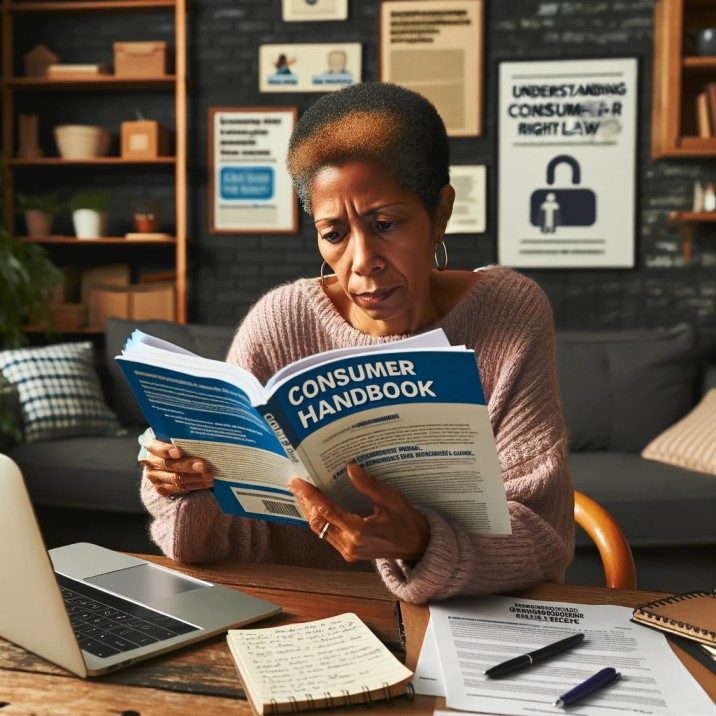In this article we have explained Securing Bail for Drug Offense Cases: How a Lawyer Can Assist
Navigating the Complexities of Drug Offense Bail
Understanding Bail in Drug Offense Cases
The Legal Landscape of Bail for Drug Offenses
Securing bail in drug offense cases can be a daunting and complex process. The seriousness of drug charges often leads to stringent bail conditions, reflecting the severity of these offenses in the legal system. Understanding these complexities is the first step towards securing bail.
Securing Bail for Drug Offense Cases: How a Lawyer Can Assist
Legal Expertise and Representation
A lawyer plays a crucial role in the bail process for drug offenses. Their expertise in criminal law and the bail system enables them to navigate the legal intricacies effectively. They can argue for reasonable bail terms based on the specifics of the case.
Strategies Lawyers Use to Secure Bail
Presenting a Strong Case for Bail
Building a Compelling Argument
Lawyers can build a strong case for bail by presenting factors like the defendant’s background, community ties, and lack of flight risk. They can also challenge any unjust or excessive bail amounts set by the court.
Understanding the Prosecution’s Arguments
Anticipating Challenges
A skilled lawyer will anticipate and counter the prosecution’s arguments against granting bail. This involves addressing concerns about the severity of the offense, potential risk to the community, and the defendant’s criminal history.
Negotiating with Prosecutors
Seeking Favorable Terms
Negotiations with prosecutors are a key aspect of securing bail. Lawyers can often negotiate terms that might lead to a lower bail amount or less restrictive bail conditions.
The Impact of Drug Charges Severity on Bail
Analyzing Charge Severity and Its Effects on Bail
Weighing the Legal Implications
The severity of the drug offense significantly impacts bail decisions. Lawyers must analyze how the nature of the charges, such as possession, distribution, or trafficking, influences the bail amount and conditions.
Challenging Excessive Bail in Severe Cases
Legal Tactics to Reduce Bail
In cases of severe drug charges, lawyers can challenge excessive bail by arguing constitutional rights and presenting mitigating factors that justify a lower bail.
Post-Bail Assistance and Preparing for Trial
Guidance Beyond Bail Hearings
Navigating Post-Bail Processes
Securing bail is just the beginning. Lawyers provide ongoing support and guidance, ensuring compliance with bail conditions and preparing a robust defense for the upcoming trial.
Building a Defense Strategy
Preparing for the Courtroom
An experienced lawyer will begin crafting a defense strategy for trial while managing bail conditions. This comprehensive approach ensures that the defendant’s rights are protected throughout the legal process.
Conclusion: The Vital Role of Legal Assistance in Drug Offense Bail
Navigating Legal Challenges with Professional Help
Securing bail in drug offense cases is a nuanced and critical part of the legal journey. The assistance of a knowledgeable lawyer is indispensable in navigating this process, countering challenges, and safeguarding the defendant’s rights.
Final Thoughts
In the complex landscape of drug offense bail, the expertise and guidance of a lawyer are essential. Their role in securing bail, offering post-bail support, and preparing for trial can significantly impact the outcome of the case.
You can also read :- How to get bail in Afeem Cases
FAQ (FREQUENTLY ASKED QUESTIONS)
- What is bail in the context of drug offense cases?
Bail is a set amount of money that acts as insurance between the court and the person accused of a drug offense. It allows the accused to be released from custody until their court date. - How can a lawyer assist in securing bail for a drug offense?
A lawyer can argue for reasonable bail terms, negotiate with prosecutors, and help in presenting a strong case to the court, emphasizing the accused’s reliability and low flight risk. - What factors do courts consider when setting bail for drug offenses?
Courts consider the severity of the offense, criminal history, flight risk, threat to public safety, and the accused’s community ties. - Can a lawyer reduce the bail amount?
Yes, a lawyer can argue for a lower bail amount by presenting mitigating factors and challenging the prosecution’s arguments. - Is it possible to get bail in all drug offense cases?
Not always. Bail depends on the case’s specifics, including the severity of the offense and the defendant’s background. - What are the risks of not hiring a lawyer for a bail hearing in a drug offense case?
Without a lawyer, there’s a higher risk of excessive bail or denial of bail due to lack of legal expertise in arguing and negotiating in court. - What happens after bail is secured in a drug offense case?
After bail is secured, the accused must comply with the bail conditions and appear for all court dates. A lawyer will continue to provide legal guidance and prepare for trial. - Can bail be denied in drug offense cases?
Yes, bail can be denied if the court deems the accused a flight risk or a threat to public safety. - What are common conditions of bail in drug offense cases?
Common conditions include travel restrictions, regular check-ins with law enforcement, drug testing, and avoiding criminal activity. - How long does the bail process take in drug offense cases?
It varies depending on the case complexity, but typically it can take from a few hours to a few days after the initial arrest. - Can a lawyer help if bail is denied?
Yes, a lawyer can file a motion to reconsider bail, presenting new evidence or arguments to the court. - What is the difference between bail and bond in drug offense cases?
Bail is the amount set by the court, while a bond is a bail bond company’s pledge to the court to pay the full bail amount if the accused fails to meet court requirements. - How much does a lawyer typically charge for bail assistance in drug cases?
Legal fees vary widely and depend on the case’s complexity and the lawyer’s experience. - Can a lawyer guarantee that bail will be granted?
No, a lawyer cannot guarantee bail as it’s ultimately the court’s decision based on various legal factors. - Are there any alternatives to cash bail in drug offense cases?
Alternatives can include own recognizance release, property bonds, or surety bonds, depending on jurisdiction and case specifics. - What role do personal references play in securing bail?
Personal references can help demonstrate the accused’s character and community ties, which can influence the court’s decision on bail. - How important is the accused’s criminal history in determining bail?
Very important. A clean record can favor lower bail, while a history of offenses might result in higher bail or denial of bail. - Can family members assist in the bail process?
Yes, they can provide moral support, help gather necessary documents, and even co-sign bail bonds if needed. - What should be done if the accused cannot afford the set bail amount?
A lawyer can request a bail reduction or explore alternatives like a bail bond. - How does a bail bond company work in drug offense cases?
A bail bond company pays the full bail amount on the accused’s behalf, charging a non-refundable fee (usually 10-15% of the bail amount). - What happens if the accused skips bail in a drug offense case?
The court may issue a warrant for their arrest, and the full bail amount becomes due. The accused may also face additional charges. - Can a lawyer assist with bail conditions modification?
Yes, a lawyer can request modifications to bail conditions if they’re excessively restrictive. - What is a bail hearing like for drug offenses?
It’s a court session where the judge reviews the case and hears arguments from both the defense and prosecution to decide on bail. - Can the bail amount change during the case?
Yes, the court can modify the bail amount based on new evidence or changes in circumstances. - What happens to the bail money after the case concludes?
If the accused meets all court requirements, the bail money is usually returned, minus any court fees. - Is securing bail different for federal and state drug offenses?
Yes, federal cases often have stricter bail conditions and higher amounts due to the severity of the charges. - How can a lawyer help if the accused violates bail conditions?
A lawyer can negotiate with the court to prevent revocation of bail or additional charges. - What is a ‘flight risk’ and how does it impact bail?
A ‘flight risk’ is the likelihood that the accused will flee to avoid trial. High flight risk can lead to higher bail amounts or denial of bail. - Can the accused travel while on bail for a drug offense?
This depends on the bail conditions. Travel is often restricted, and permission from the court may be required. - What are the consequences of failing a drug test while on bail for a drug offense?
Failing a drug test can result in bail revocation and possible arrest, depending on the terms set by the court.
Sources:-
1.The Role of a Criminal Lawyer in Securing a Bail Bond in CO
















